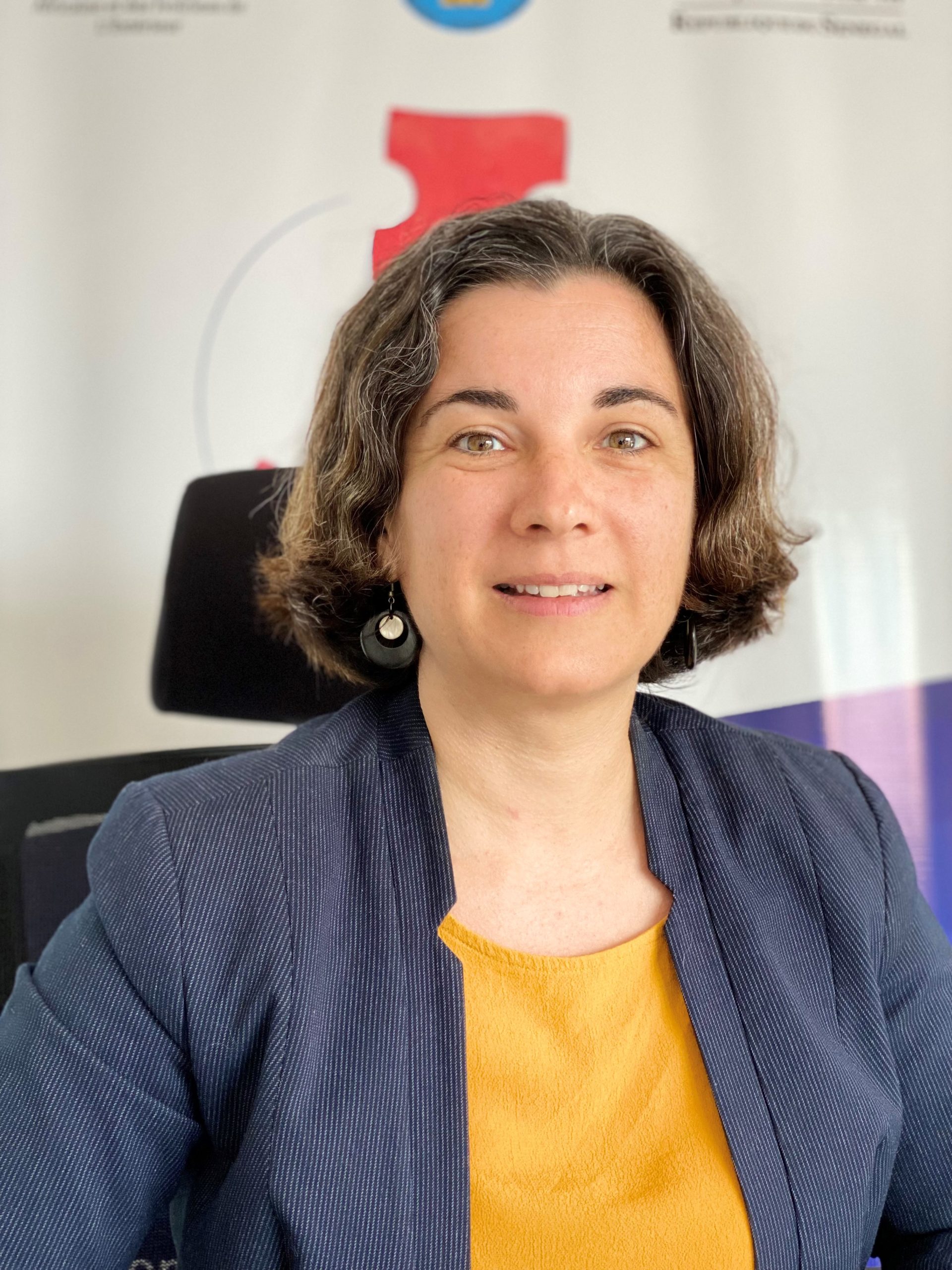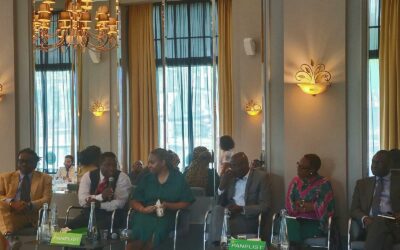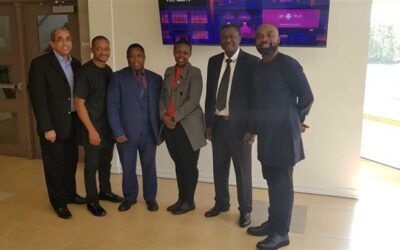Interview with Séverine Diallo, Project Manager of MODAL at South-South Cooperation Action on Migration.
In four African countries: Morocco, Senegal, Ivory Coast and Mali, 22 diaspora associations and local associations have joined forces to set up 11 development projects in areas such as entrepreneurship, agro-food processing, eco-tourism and education. Interview with Séverine Diallo, coordinator of the South-South Cooperation Action on Migration at GIZ Morocco, who discusses the objectives and results of the project, co-financed by the European Union and the German Federal Ministry for Economic Cooperation and Development (BMZ), as well as the collaboration with the association ADEPT.
– What is the MODAL project and what is its objective?
The MODAL project was born out of the desire to continue after a first collaboration between GIZ Morocco and ADEPT, on the occasion of the Global Forum for Migration and Development in 2018, with the desire to set up an action for the benefit of the four countries of the South-South Cooperation Action. The MODAL project is based on a collaborative approach that highlights the contribution of associations in the different countries. At its heart are 11 development projects in areas as important as entrepreneurship, agri-food processing, eco-tourism, vocational training and education, which are carried out jointly by diaspora associations and local associations. The latter benefit from networking, capacity building in management and monitoring-evaluation, as well as a financial contribution.
– What is the advantage of working with ADEPT on such a project?
The strengths of a partnership lie in the respective contributions of the partners. What we appreciate about ADEPT is the quality of its network, its roots, its knowledge of both institutional and regional partners, but also its knowledge of civil society in the countries where we work. For our part, we ensure that the institutions are well anchored and that the lessons learned and good practices are scaled up.
– Why value diaspora contributions to local development?
The MODAL project shows the strength of collaboration between the North and the South. At the same time, we are interested in diasporas who are in other African countries and who participate in local development in other bordering countries. As you probably know, migration is mainly intra-African. So, we want to highlight the diaspora within these countries to co-create and strengthen networks to contribute to South-South development.
– How does the replicability of certain projects accelerate sustainable development?
When a project is set up and is successful, it can be interesting to deploy it in other neighbouring regions, for example in certain villages in Mali or Senegal which may have similar needs. This is what we are trying to achieve with some of our activities to address the same needs and constraints that people face. Learning from experience and from peers is fundamental. Thus, cooperating in the South-South helps to accelerate improvements in health, education, social welfare, harnessing knowledge and building partnerships that are crucial to progress towards the Sustainable Development Goals.
– Why is it important to show the contribution of African diasporas?
The diaspora is an asset for Africa. One of the other objectives of this project is to show this wealth and its impact on the economic development of the continent. It is necessary to better valorise cultural exchanges and contributions between countries. Showing the positive aspects of diasporas and South-South migration by highlighting success stories is also essential, as the importance of these African diasporas is not sufficiently realised at present.
– About the South-South Cooperation Action
The South-South Cooperation Action on Migration is a project co-funded by the European Union and the German Federal Ministry for Economic Cooperation and Development (BMZ). It aims to strengthen a system of governance and experience sharing between four African countries in the field of migration: Morocco, Ivory Coast, Mali and Senegal.




